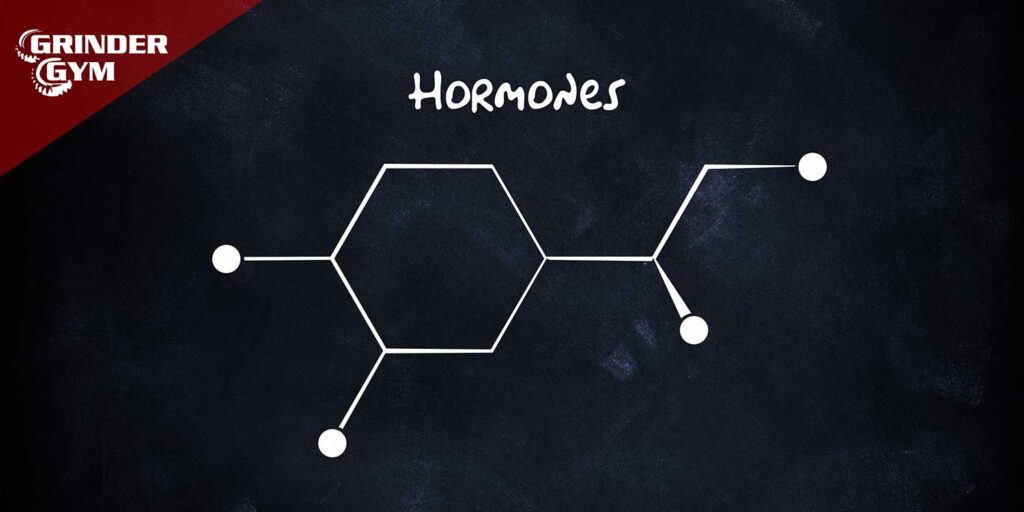
Musculoskeletal and cartilage repair peptides are bioactive molecules that play significant roles in the regeneration and healing of bones, muscles, tendons, ligaments, and cartilage. These peptides are of great interest in medical research for their potential to treat injuries, degenerative diseases, and improve overall musculoskeletal health. They work through various mechanisms, including stimulating collagen production, enhancing cell proliferation, and modulating inflammatory responses.
Thymosin Beta-4 (TB-500): Besides its role in tissue repair, Thymosin Beta-4 is studied for its potential in promoting angiogenesis and protecting cardiac tissues from ischemic damage. It helps in reducing inflammation and scar formation after heart attacks.
Angiotensin (1-7): A peptide with vasodilatory and anti-inflammatory properties, Angiotensin (1-7) counteracts the effects of Angiotensin II, helping to reduce blood pressure and protect against cardiovascular diseases.
Vasopressin: A peptide hormone that regulates water retention and vasoconstriction, playing a critical role in blood pressure regulation and heart function.
Atrial Natriuretic Peptide (ANP): Involved in reducing blood volume and pressure by promoting salt and water excretion in the kidneys, ANP helps to alleviate the strain on the heart.
Brain Natriuretic Peptide (BNP): Similar to ANP, BNP is involved in cardiovascular homeostasis and is used as a biomarker for heart failure.
Adrenomedullin: A vasodilatory peptide with anti-inflammatory properties, it plays a role in reducing blood pressure and protecting cardiovascular tissues.
ARTICLES



